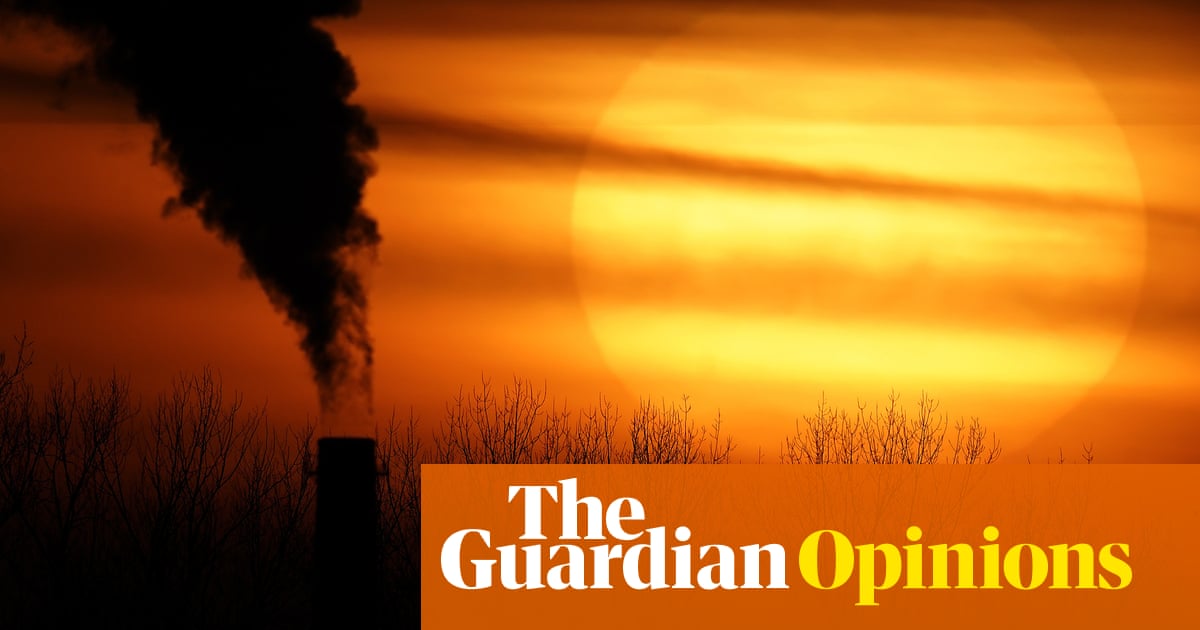Norbert
TSLA will win
What? The question is not if any court has a right to make a ruling on this matter (although that might be a good question as well).Geez! The Supreme Court can ONLY make rulings on points of law in cases that are before it. If a law is passed or, as in this case a regulation is issued, the court has no right to rule unless a case has been brought before it by a party with standing, and Cert acceptance) has been ruled.
The question is why any courts thought they *need* to make a ruling, considering this is a matter for Congress to decide.
I would seem to me that the courts would need a very good reason to interfere with Congress. I don't know if maybe a time-sensitive emergency would be a good reason, but in any case that doesn't appear to exist here. And it seems that this is not about the constitution, but supposedly about the correct interpretation of an authorization that was already given by Congress itself (where a literal interpretation appears to speak in favor of the EPA's authority).




